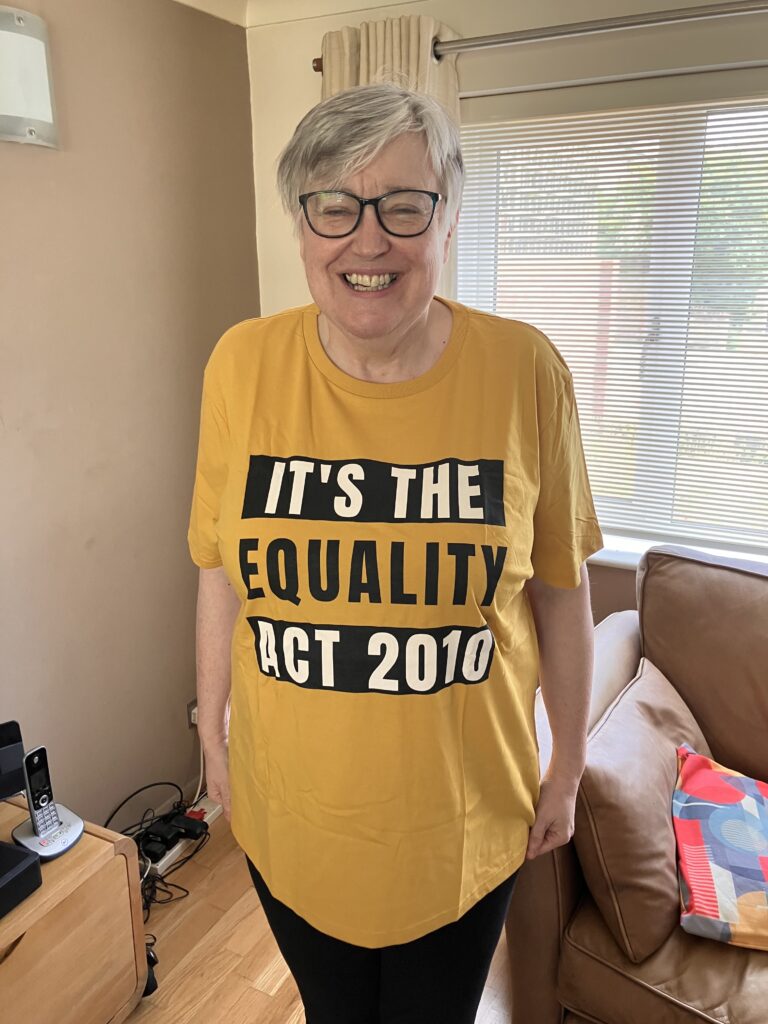Occasionally on Linked-In, I look at popular jargon and unpack it through an Equality Act compliance lens.
Recently, I looked at Inclusion
What is this from DEI point of view?
Inclusion in this context means the practice or policy of providing equal access to opportunities and resources for people who might otherwise be excluded or marginalised.
What is this from EA compliance point of view?
Whilst not directly referenced, inclusion is central to compliance, particularly through various duties.
One example of inclusion is making reasonable adjustments for disabled individuals (Section 20). Employers and service providers must remove barriers to participation, such as providing accessible facilities, assistive technology, or flexible working arrangements. Failure to make such adjustments can amount to disability discrimination (Section 21).
Similarly, indirect discrimination (Section 19) occurs when a policy disadvantages a protected group unless it can be objectively justified. Inclusive policies help organisations comply with these legal requirements.
To comply with harassment and victimisation protections (Sections 26–27), organisations must prevent hostile environments. This requires fostering a culture of inclusion for all protected groups, not just those you favour.
The Public Sector Equality Duty (Section 149) requires public authorities to actively eliminate discrimination, advance equality of opportunity, and foster good relations between different groups.
Implications for DEI Practices and practitioners:
The biggest challenge currently is managing conflict of competing rights.
Whilst focusing on competing beliefs, great advice generally on inclusive practice came from Monica Kurnatowska:
1. The importance of freedom of speech and expression
2. There is no right not to be offended
3. Consider the context – determining whether something is objectionable will be context specific
4. Do not make assumptions about an employee’s views or what an individual might do
5. Ensure your policies are clear and employees are regularly given training that all beliefs are treated equally
6. The importance of even-handed leadership
7. The need to handle complaints with care
8. Take a balanced approach
